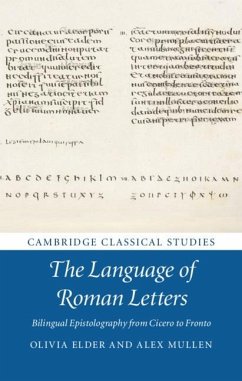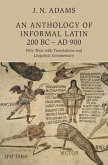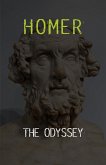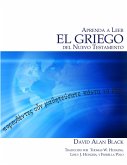Roman letters demonstrate that language has imperium: the power to resolve problems, to negotiate relationships and to construct identities. This book combines sociolinguistic and historical approaches to explore how that power is deployed by the bilingual elite of the Roman Republic and Empire, offering the first systematic analysis of Greek code-switches in the letters of Cicero, Pliny, Marcus Aurelius and Fronto and in the Lives of Suetonius. Greek was a subtle tool within Latin epistolary communication, and an analysis of letter writers' bilingual practices reveals their manipulation of language to manage relationships between peers and across hierarchical or political divides, uncovering the workings of politics and society. Comparative analysis of Roman and modern code-switching contributes to the debate on how bilingual strategies in letters evolve and how they relate to oral and literary language. The language of letters illuminates the Roman world and its entanglements with Greek language and culture.
Dieser Download kann aus rechtlichen Gründen nur mit Rechnungsadresse in A, B, BG, CY, CZ, D, DK, EW, E, FIN, F, GR, HR, H, IRL, I, LT, L, LR, M, NL, PL, P, R, S, SLO, SK ausgeliefert werden.









